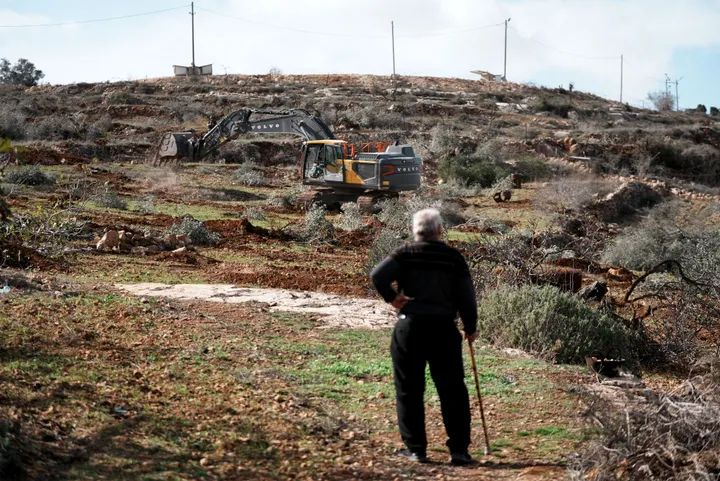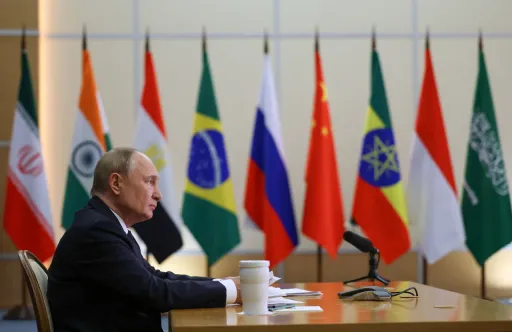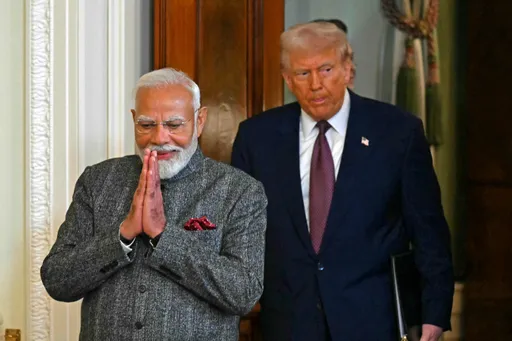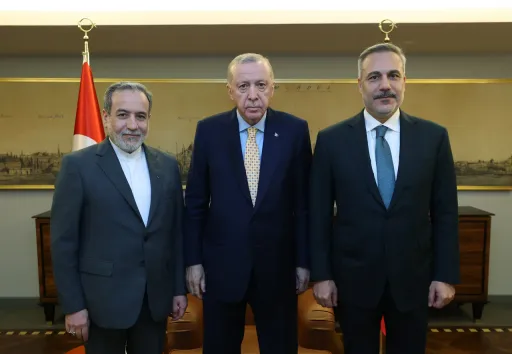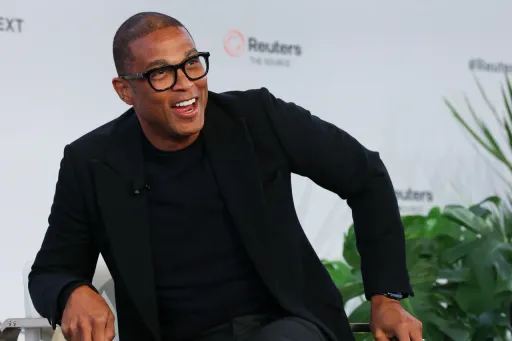By Dayo Yusuf
Nowadays, campaign fatigue is often a silent adversary waiting to strike at the heart of a noble idea.
International Women's Day, celebrated worldwide on March 8 every year since 1977 as a rallying point of the rights movement, is going through what many fear risks becoming a routine bereft of inspiration.
Activists believe that the Women's Day script needs to evolve and mirror the reality of the present to prevent real issues from falling through the cracks. In some cases, a priority mix-up is as much to blame for this as the act of going through the motions.
"People are starting to do just the bare minimum to remain politically correct on women's rights. They mark the calendar and move on," Kenyan media personality Terryanne Chebet, founder of Africa's Leading Ladies, tells TRT Afrika.
"We need to maintain the momentum because although we have made some progress, much remains to be done to make the girl child equal to boys."
Chebet's organisation functions as a women empowerment community with over 400,000 members across the continent.
Substantive goals
This year's International Women's Day theme — "Invest in Women" — aims to draw greater attention to women's economic, social, and political empowerment worldwide.
While the thought behind the theme is beyond reproach, not everyone is convinced that a set of objectives strung together as an extension of a calendar event would make a difference.
"It is good to do, but not a genuine investment in girls and women," says Terryanne.
"For example, when you look deeper at the community level, education is opening up, but who do you think will be first to fall off or be dropped if a family struggles with fees? So, it feels like the girl will get her right as long as the boy has had his fill."
Equal access
Economic empowerment is the core of the 2024 theme. According to UN Women, the only way to break the cycle of poverty in any society is to empower women economically.
The greater the number of women who support their families, the more significant their contribution to economic growth.
But UN data indicates that women in Africa and almost every other part of the world continue to face numerous barriers to economic participation, including limited access to education, financial resources, and job opportunities.
This is precisely what makes Terryanne sceptical.
"If you do an online search with the keyword 'money', 90% of images that pop up are of money in the hands of men," she says.
"It is as if women still need to be trusted enough or encouraged to take charge of investments and economic decisions. So many steps are being taken today to bring women to the table, but that doesn't even compare to how much we are still behind."
Terryanne explains that investing in women means giving them equal access to education and training, besides creating an enabling environment for entrepreneurship and employment.
"By closing the gender gap in the workforce and promoting women's leadership in business and industry, we can unlock immense economic potential and drive sustainable development," she tells TRT Afrika.
The UN Secretary General Antonio Guterres also lamented the slow progress towards women’s advancement globally.
‘’Full legal equality for women is some 300 years away. This rate of change is frankly insulting. Half of humanity can’t wait centuries for their rights. We need equality now,’’ the UN chief said in a message marking the 2024 International Women’s Day.
Leadership positions
Activists agree that fighting for women's equality and rights is a marathon rather than a sprint. It's just that not everyone seems to be moving at the same pace on this, increasing the possibility of one section dragging the other behind.
Terryanne latches on to the one encouraging sign she finds worldwide – more women stepping up to be counted as equals and proving their mettle even when the odds are stacked against them.
"Kenya is a case in point. We are seeing a lot of women putting their hands up in politics, although many of them are falling by the wayside even before elections," she says.
"It takes so much for them to get a ticket to contest an election, even if the political seat is at the lowest rung. The good thing is that women are now more aware and willing to claim leadership positions."
Another gripe is against the narrative about much being done to empower women. "This should not be used to further suppress a push for equality," says Terryanne.
Startling statistics
According to a report by UN Women, one in every ten women still lives in extreme poverty. If the current trend continues, by 2030, an estimated 8% of the world's female population — 342.4 million women and girls — will still live with less than US $2.15 a day.
Campaigners are calling on governments, organisations, and individuals to raise awareness of these cold statistics throughout the calendar year instead of paying lip service to women's empowerment on a particular day.
As Terryanne says, "the easiest way to tell if concern or interest in a cause is genuine or not is to look at the calendar".
"These topics will be highlighted when there is a global commemoration. But it needs to be an all-day, all-year conversation," she tells TRT Afrika.
➤Click here to follow our WhatsApp channel for more stories.




